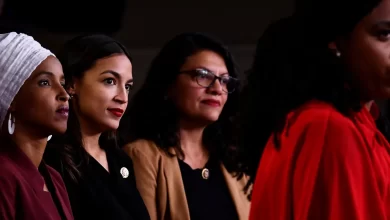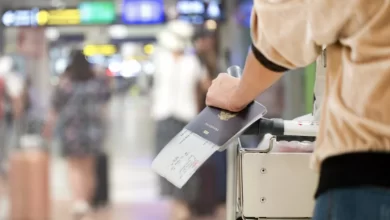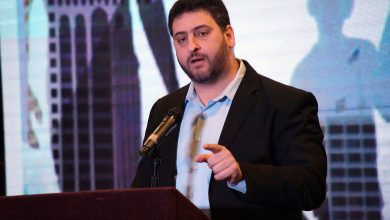New York City Embraces Inclusivity: Muslim Call to Prayer Broadcasts Without Permits

In a recent development, New York City has taken a step towards fostering inclusivity. Mayor Eric Adams announced on Tuesday that mosques in the city will no longer require a special permit to broadcast the Islamic call to prayer, known as the adhan. This allowance will be in effect every Friday, the traditional Islamic holy day, as well as during the evenings of the holy month of Ramadan when Muslims break their fast at sunset.
To ensure the smooth implementation of this decision, the city’s police department’s community affairs bureau will collaborate with mosques. Their aim is to communicate the new guidelines and ensure that the devices used for broadcasting the adhan adhere to appropriate decibel levels. As per the mayor’s office, religious institutions can amplify their broadcasts up to 10 decibels above the surrounding ambient noise.
Mayor Adams emphasized the importance of this decision, stating, “For too long, our communities felt restricted from amplifying their calls to prayer. Today, we’re eliminating bureaucratic hurdles, clearly stating that mosques and other places of worship can amplify their call to prayer on Fridays and during Ramadan without needing a permit.”
During a press conference at City Hall, surrounded by Muslim leaders, Mayor Adams reiterated his commitment to ensuring that Muslim New Yorkers are recognized and valued. He remarked, “Muslim New Yorkers will not be overshadowed by the American dream while I serve as the city’s mayor.”
The adhan, while a common sound in predominantly Muslim nations, is less frequently heard in the U.S. This call to prayer not only signifies the greatness of God and acknowledges Prophet Muhammad as His messenger but also serves as a reminder for men to attend the mosque for their five daily prayers, a core tenet of Islam.
Afaf Nasher, the executive director of the New York chapter of the Council on American-Islamic Relations, expressed her views on the matter, stating, “The adhan is more than just a call to prayer. It symbolizes unity, introspection, and community. We hope this decision will lead to a deeper understanding and appreciation of the values and traditions of the Muslim community.”
Somaia Ferozi, the principal of the Ideal Islamic School in Queens, highlighted the positive impact of this decision on the younger generation. She mentioned, “Our children are reminded of their identity when they hear the adhan. Hearing it resonate in a New York City neighborhood will make them feel recognized and part of a community that acknowledges their presence.”
Mayor Adams, known for his close ties with leaders from various religious backgrounds, has often emphasized the significance of faith in public life. His views have sometimes raised eyebrows, especially when he expressed his perspective on the relationship between church and state. He once commented, “State represents the body, while the church symbolizes the heart. Without the heart, the body ceases to function.” A representative for the mayor later clarified that Adams was simply highlighting how his faith influences his actions.






